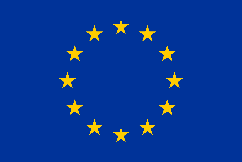A data breach can be costly and embarrassing for any organization. But a VPN can help you keep your data safe and shield your customers’ privacy. A VPN operates by encrypting your online information and scrambling it into unreadable gibberish that only your system and the VPN server can comprehend. That means your internet service provider can’t see your surfing background, and hackers on the same Wi-Fi network can simply steal the login info and credit card numbers you type into websites or apps.
The first step is to make sure that your chosen VPN offers trustworthy tunneling protocols that can scramble your data to a useless clutter of personas. Look for a Virtual Private Network (VPN) that works on the modern, secure tunneling process such as OpenVPN or L2TP/IPSec instead of older versions including Point-to-Point Tunneling Protocol (PPTP) or Protected Socket Tunneling Protocol (SSTP).
Another vital feature is to make sure your VPN provider has spots across the world. When you connect to a VPN server in a different region, content suppliers such as video streaming solutions can’t detect clouddatapro.org/how-to-use-tunnel-bear the actual location, and they won’t block you from taking a look at their content material.
If you’re concerned with government surveillance or eavesdropping on your on the web activity, the best choice is to be agreeable with a premium VPN that uses strong security and doesn’t store logs of your data. There are also a VPN that offers plenty of available computers in various countries, so you can get content that’s blocked by your country’s restrictions.

